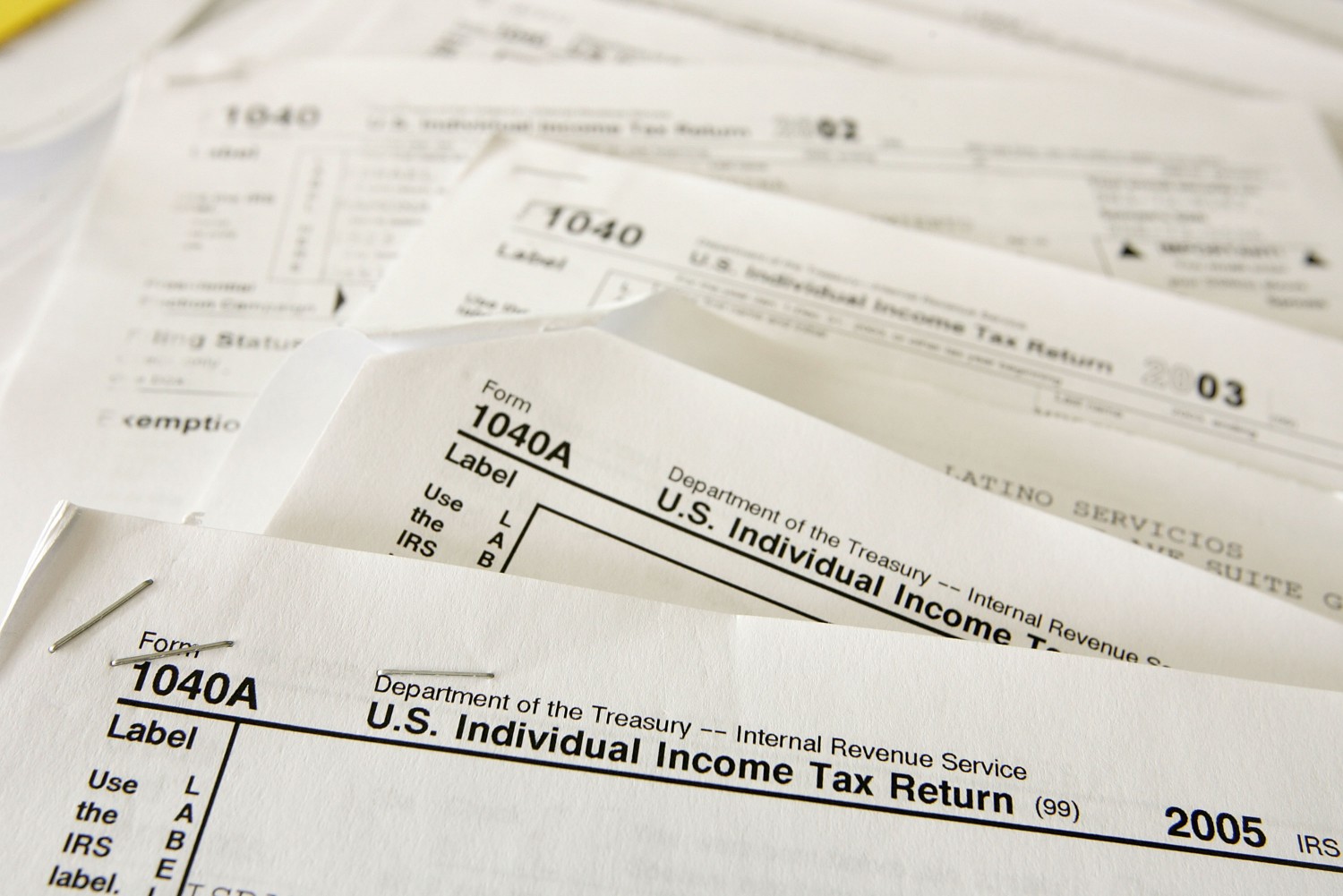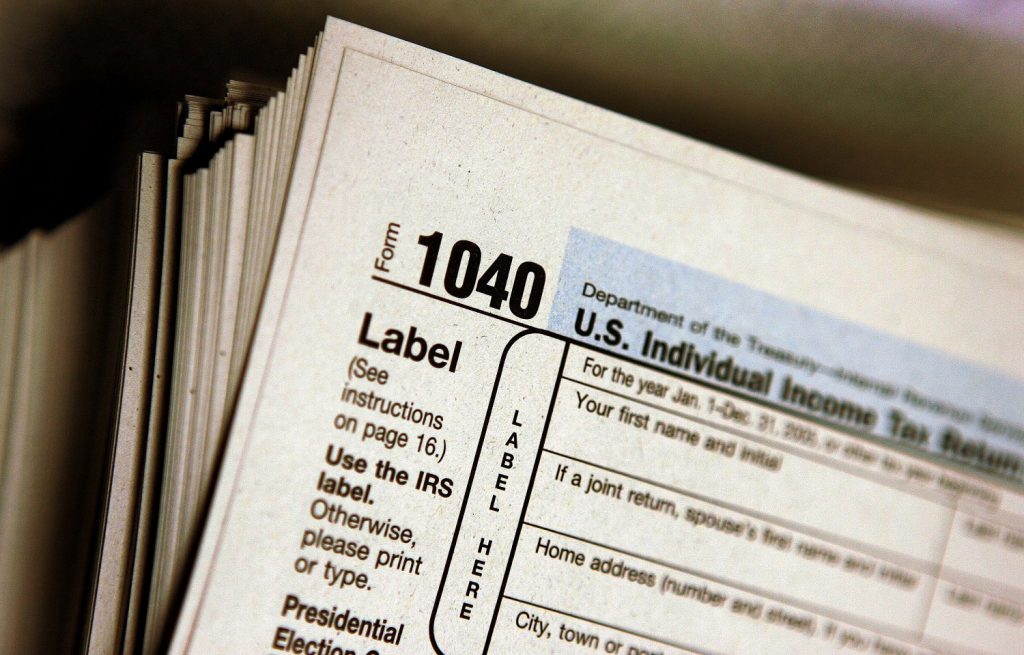There’s always one phone scam or another going around. Inevitably, you’ll pick up the phone and someone on the other end of the line will be saying you’ve won the Mega Millions and all they need is your social security number. Phone scams are nothing new. But the latest IRS scam is much sneakier than usual. So here’s what you need to know to protect yourself.
First, the basics: criminals are calling hundreds of thousands of Americans and posing as IRS agents. These people are out to harass you into giving up private information, and they’re making big waves.
“Taxpayers across the nation face a deluge of these aggressive phone scams. Don’t be fooled by callers pretending to be from the IRS in an attempt to steal your money,” said IRS Commissioner John Koskinen in an interview during the 2016 tax season. “We continue to say if you are surprised to be hearing from us, then you’re not hearing from us.”
This year has been no different: the calls have continued, and many of them are of an extremely unpleasant nature. Some scammers try and go the sweet route, telling you you’re about to get a big payout. It’s all fake.
“There are many variations. The caller may threaten you with arrest or court action to trick you into making a payment,” Koskinen said last year. “Some schemes may say you’re entitled to a huge refund. These all add up to trouble.”
The IRS scam will employ any number of strategies that the real IRS would never use. Some of these are:
- Calling to demand immediate payment.
- Demanding that you pay taxes without giving you the opportunity to question or appeal the amount you allegedly owe.
- Requiring you to use a specific payment method for your taxes, like a prepaid debit card.
- Asking for credit or debit card numbers over the phone.
If this happens to you, hang up immediately and contact the Treasury Inspector General for Tax Administration to report the scam. You can file an online report through the IRS Impersonation Scam Reporting web page or call 800-366-4484.
You should also report it to the Federal Trade Commission. Use the FTC Complaint Assistant on FTC.gov and add “IRS Telephone Scam” in the notes.
But just so you know, real IRS agents will come to your house if they can’t contact you by mail. Kathy Robbins, a woman in North Carolina, found what she believed to be a false note from the IRS taped to her mailbox.
“It just didn’t look right,” Robbins told WSOC in an interview. “I’ve never heard of any legitimate IRS communication where you just take an unclosed document and Scotch tape it on someone’s mailbox.”
It turned out Robbins had been late filing a tax return, and apparently that’s an official protocol if the IRS can’t reach you. If someone claiming to be an agent shows up at your door, make sure they have two forms of identification and the original tax document in question.
You can click here for the full list of IRS scams this year.








